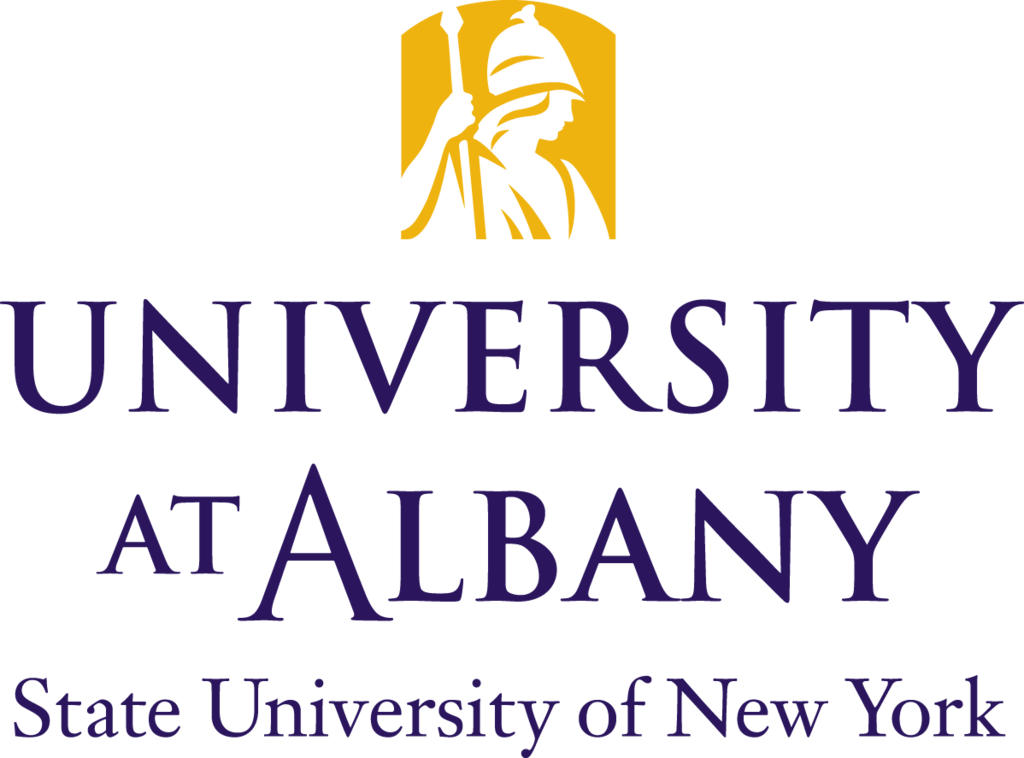Newswise — ALBANY, N.Y. (Nov. 3, 2023) — Health organizations are increasingly adopting AI technologies like telehealth services, remote patient monitoring and other tools that can expand access to care and improve health equity. At the same time, conversations around AI safety and regulatory measures are happening around the globe, including an executive order issued by President Biden earlier this week.
As AI becomes embedded in our daily lives, learning how to best use the technology while prioritizing security and equity — both on the individual level and more broadly — is paramount.
Researchers at the University at Albany’s School of Public Health are actively exploring ways that artificial intelligence and machine learning can be applied to public health, to enhance health outcomes for patients while prioritizing patient safety and data security.
Xin Wang is an assistant professor in the Department of Epidemiology & Biostatistics, whose areas of expertise include artificial intelligence, deep learning, precision medicine and medical image computing, among other related subjects.
He shared thoughts on how public health researchers can support the development of safe and effective health-centered AI in this recent interview: The Future of Artificial Intelligence in Public Health with Xin Wang.
Ricky Leung is an associate professor in the Department of Health Policy, Management and Behavior, whose expertise includes artificial intelligence, machine learning, health analytics, computational methodology, integrated health and alternative medicine, among other areas.
Leung shared more on his work to integrate AI and social media platforms as support tools for public health in this recent interview: How AI-ML Can Enhance Social Media as a Public Health Tool.
Both researchers are available for interview via email, phone or Zoom.
About the University at Albany:
The University at Albany is one of the most diverse public research institutions in the nation and a national leader in educational equity and social mobility. As a Carnegie-classified R1 institution, UAlbany and its faculty and students are creating critical new knowledge in fields such as artificial intelligence, atmospheric and environmental sciences, business, education, public health, social sciences, criminal justice, emergency preparedness, engineering, informatics, public administration and social welfare. Our courses are taught by an accomplished roster of faculty experts with student success at the center of everything we do. Through our parallel commitments to academic excellence, scientific discovery and service to community, UAlbany molds bright, curious and engaged leaders and launches great careers.
###
